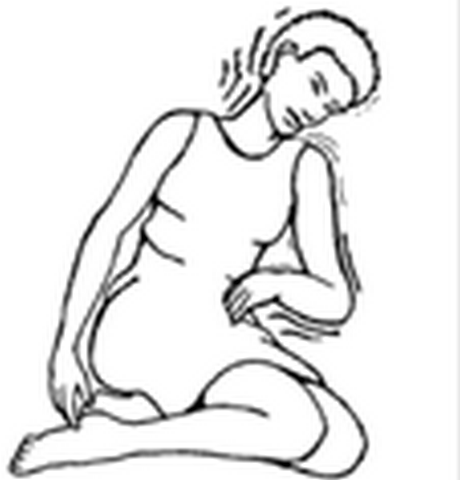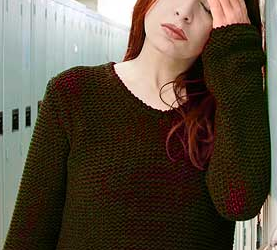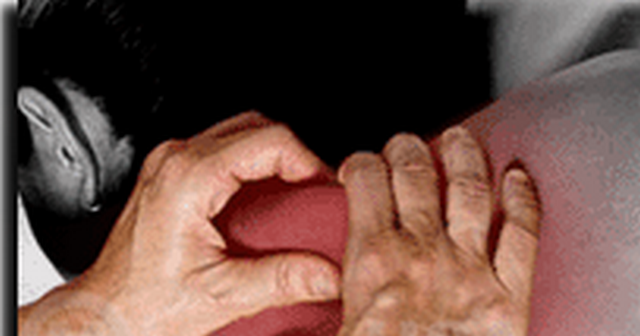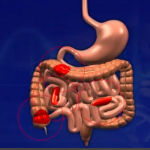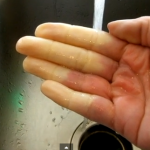What is Huntingon’s Disease?
It is a disorder of functional disabilities, which causes progressive degeneration or breakdown of nerve cells in the brain. It is a hereditary condition which leads to constraints in movement, psychiatric problems, and cognitive disability.
Huntington’s disease is caused mainly due to inherited defect in a specific gene. The disease can affect anyone with a family history of the condition and at any age. However, most cases occur between the 40s and 50s. If anyone suffers from Huntington’s disease before the age of 20years, then it is called juvenile Huntington’s disease.
There is no cure for this disease. Medicines are given to manage the symptoms.
Symptoms of Huntington’s disease
The dominant signs of this disorder greatly affect the functional ability of the patient. The varied signs and symptoms of Huntington’s disease are categorized below:
Cognitive difficulties:The following are some of the cognitive defects:
- Inability to commence a conversation or task
- Impulsive outbursts, reckless behavior, and sexual promiscuity
- Inflexible thought, action, or behavior
- Problems in prioritizing, planning, or organizing
- Problems in learning new things
- Lack of understanding about one’s own behavior and skills
- Problems concentrating on a particular task for long periods
- Incoherent words and thoughts
- Difficulties in spatial judgment, resulting in disorientation, unsteadiness, thereby prone to accidents
Movement difficulties: Huntington’s disease affects both involuntary movements as well as the voluntary movements, as shown under:
- Rigid muscles
- Unusual and slow eye movements
- Uncoordinated and slow movements
- Writhing and involuntary jerky movements
- Involuntary muscle contractures
- Unsteady gait, balance, and posture
- Difficulties in swallowing
- Speech problems
- Voluntary movement disorder:It causes more impairments in an individual’s ability to communicate, work, and execute routine activities.
Psychiatric disorders:The following are some of the symptoms of psychiatric abnormalities:
- Decreased interest in daily activities
- Aloofness and social withdrawal
- Melancholic feelings of depression and sadness
- Feeling tired and fatigued
- Insomnia or abnormal sleepiness
- Feeling guilt-ridden and worthless
- Unsteady appetite
- Lack of sex drive
- Loss of interest in life
- Lack of concentration, easy distraction, and being uncertain
The following are some of the additional signs of psychiatric deficits:
- Mania-type impulsive behavior, excess activity,inflated self-esteem, and elevated moods
- A combination of mania and depression called bipolar disorder
- Repetitive and obsessive behaviors
- Irritability, apathy, anxiety
- Inappropriate sexual behavior
Juvenile Huntington’s disease: Its symptoms include:
- Unusual behaviors
- Loss of learntskills, both academic and physical
- Rigid muscles
- Quick and considerable drop in school performance
- Seizures
- Having involuntary shaky movements
- Changes in motor skills such as hand writing
Causes of Huntington’s disease
Huntington’s disease is an autosomal dominant, inherited disorder caused due to single gene defect.
Every person inherits two copies of a gene, each one from the mother and father, except the genes of the sex chromosomes. A parent with an abnormal Huntington’s disease gene can transmit either the healthy or the defective copy to the child. Hence, the chance for acquiring this defect is 50%, if any one of the parent has the defective gene.In rare cases, the mutation may also occur during the development of the father’s sperm.
Treatment of Huntington’s disease
There is no cure for Huntington’s disease. However, the medications help to reduce the abnormal movement symptomsas well as the psychiatric disorders. Multiple interventions can help the patient in adapting to changes in the development of abilities to some extent and for some period. Medication depends on the type of disorder that affected individuals suffer from, and on the course of the disorder.
The drugs given to manage some symptoms may cause other side effects and may worsen other symptoms. As such, the administration of medicines are regularly reviewed.
Medications for movement disorders
- Antipsychotic drugs: Clozapine and Haloperidol are given for treating chorea. But as a side effect it may suppress movements, may result in muscle rigidity and involuntarycontractions.
- Tetrabenazine: This drug is administered to suppress the involuntary jerks, writhing, and for other Huntington’s disease symptoms. It is an FDA approved drug.Serious side effects of this drug include increased risk to depression and psychiatric disorders. Drowsiness, restlessness, nausea and insomnia are some of the other side effects.
- Other medications: Anti-seizure drugs like clonazepam and antianxiety drugs like diazepam, help to manage chorea, muscle rigidity, and dystonia. But these drugs can alter the consciousness significantly. As such, it comes with a high risk of dependence and abuse.
Treatment of psychiatric disorder
The drugs given for psychiatric abnormalities include:
- Antidepressant drugs such as escitalopram, fluoxetine, and sertraline are given. The side effects are sexual problems, diarrhea, nausea, and insomnia.
- Mood stabilizing drugs such as lithium, and anticonvulsants like valproic acid, divalproex, and lamotrigine are given to manage bipolar disorders.
- Antipsychotic drugs can help to suppress psychosis, mood disorders, violent outbursts, and agitations.
Additional treatments
- Psychotherapy is given to manage behavioral and communicational problems, as well asto improve speech and eating habits
- Occupational therapy helps patients to use the assistive devices for improving their functional abilities.
- Physical therapy helps to improve the flexibility, balance, coordination, and strength, and to reduce the risk of falling.
Huntington Disease Pictures
